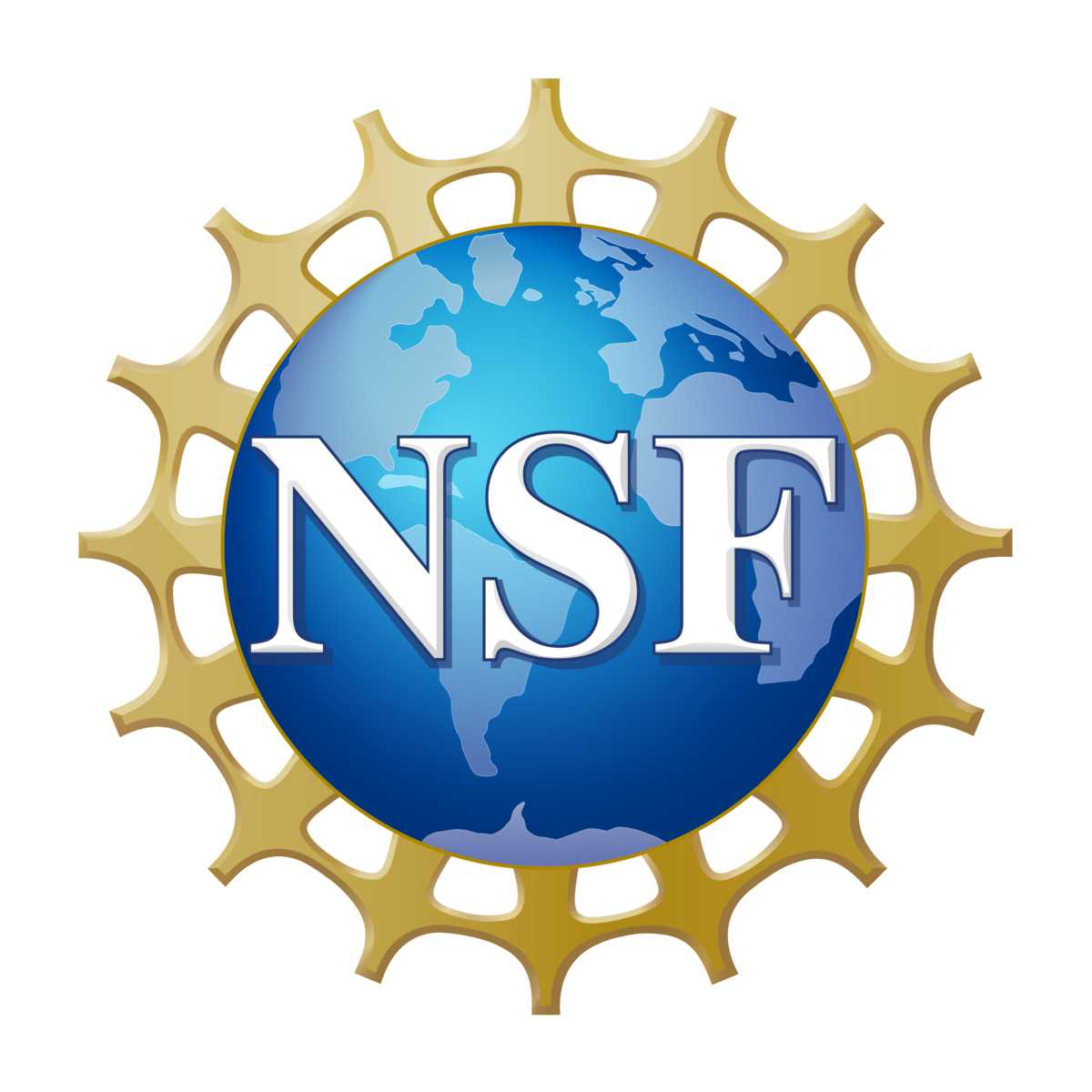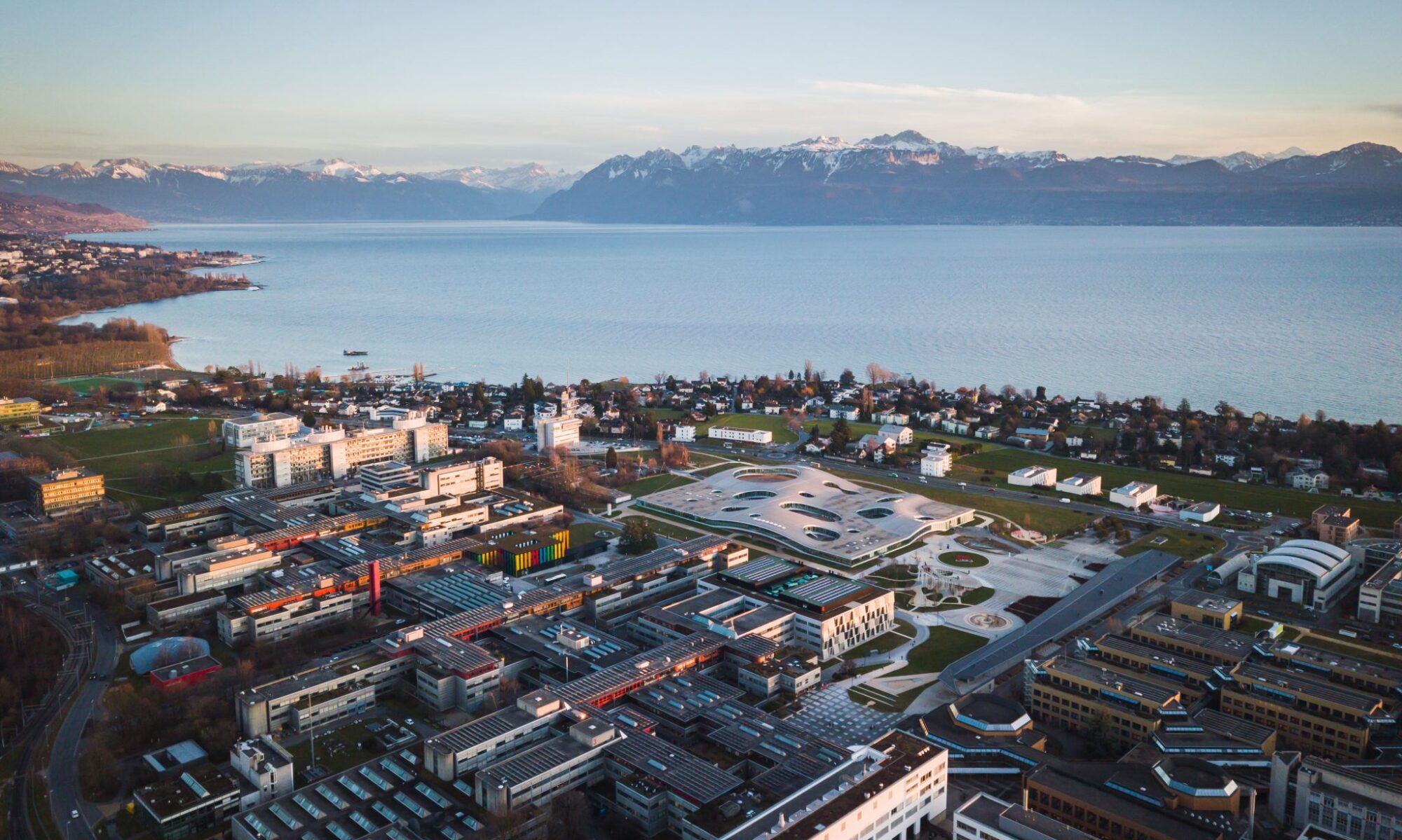We are pleased to announce financial support from the US National Science Foundation and the Swiss National Science Foundation for selected students to travel and attend ICCP 2024 this year.
This proposed program facilitates the participation in ICCP 2024 of a diverse group of students worldwide including: students from underrepresented groups; students from research labs that traditionally do not attend ICCP but work on closely-related problems; and students that would not otherwise have the resources to attend.
Faculty Mentors
Student travel award winners connected with faculty mentors at ICCP for conversations about their research and career paths and feedback on their posters and talks. We thank the following faculty members for their participation in the program:
- Emma Alexander
- John Murray-Bruce
- Qionghai Dai
- Ioannis Gkioulekas
- Kyros Kutulakos
- Christopher Metzler
- Kristina Monakhova
- Davide Scaramuzza
- Sabine Süsstrunk
- Ashok Veeraraghavan
- Jingyi Yu
Europe/Asia based students
The Swiss National Science Foundation (SNSF) award provides travel grants for 4 selected Asia-based students (and international students in Asian universities) and 4 selected Europe-based students (and international students in European universities). Recipients of travel grants are selected by a committee of ICCP 2024 organizers.
Selected students will receive a travel stipend to help offset travel costs of the conference. The conference registration fee will also be waived. For students coming from Asia, a maximum budget of 1000CHF is allocated for plane tickets. For students coming from Europe outside of Switzerland, a maximum of 500CHF is allocated for plane/train tickets. For accommodation a budget of 200CHF/day is allocated. To sum up, a student from an Asian institution can be funded up to 1800CHF and a European student can be funded up to 1300CHF.
To see the requirements and the application, please fill out this Google form by June 7th, 2024 (priority deadline), and rolling admissions afterwards.
However we encourage those students who will need visas to visit Switzerland to apply earlier rather than later to ensure enough time to gather the necessary documents if selected.
For any questions or concerns about the program or difficulty filling out the application form, please contact Raphaël Achddou (raphael.achddou@epfl.ch) for more information or assistance with completing the application.
Sponsored by the Swiss National Science Foundation.

US-based students
June 6th update: Decisions have already been made for the Student Travel Award for US-based institutions. We want to thank all the students who applied to this opportunity, and regardless of the outcome, we hope to see you in ICCP 2024 this July.
Note: the SNSF award should still remain active (as the deadline has not passed yet nor decisions made).
The US National Science Foundation provides travel grants for 10 selected US-based students (International students are eligible for this program, but must be enrolled in a degree program at a US-based institution.). Applications are solicited broadly from across the US, and recipients of travel grants are selected by a committee of ICCP 2024 organizers.
Each travel grant partially covers travel and lodging costs up to $2000, and includes a conference registration waiver. Students will be invited to present posters of their research at the conference as well as participate in an industry consortium/mentoring event to get feedback and advice on their career paths and goals.
To see the requirements and the application, please fill out this Google form by May 31st, 2024 (priority deadline), and rolling admissions afterwards.
However we encourage those students who will need visas to visit Switzerland to apply earlier rather than later to ensure enough time to gather the necessary documents if selected.
For any questions or concerns about the program or difficulty filling out the application form, please contact Suren Jayasuriya (sjayasur@asu.edu) for more information or assistance with completing the application.
Sponsored by the US National Science Foundation.


